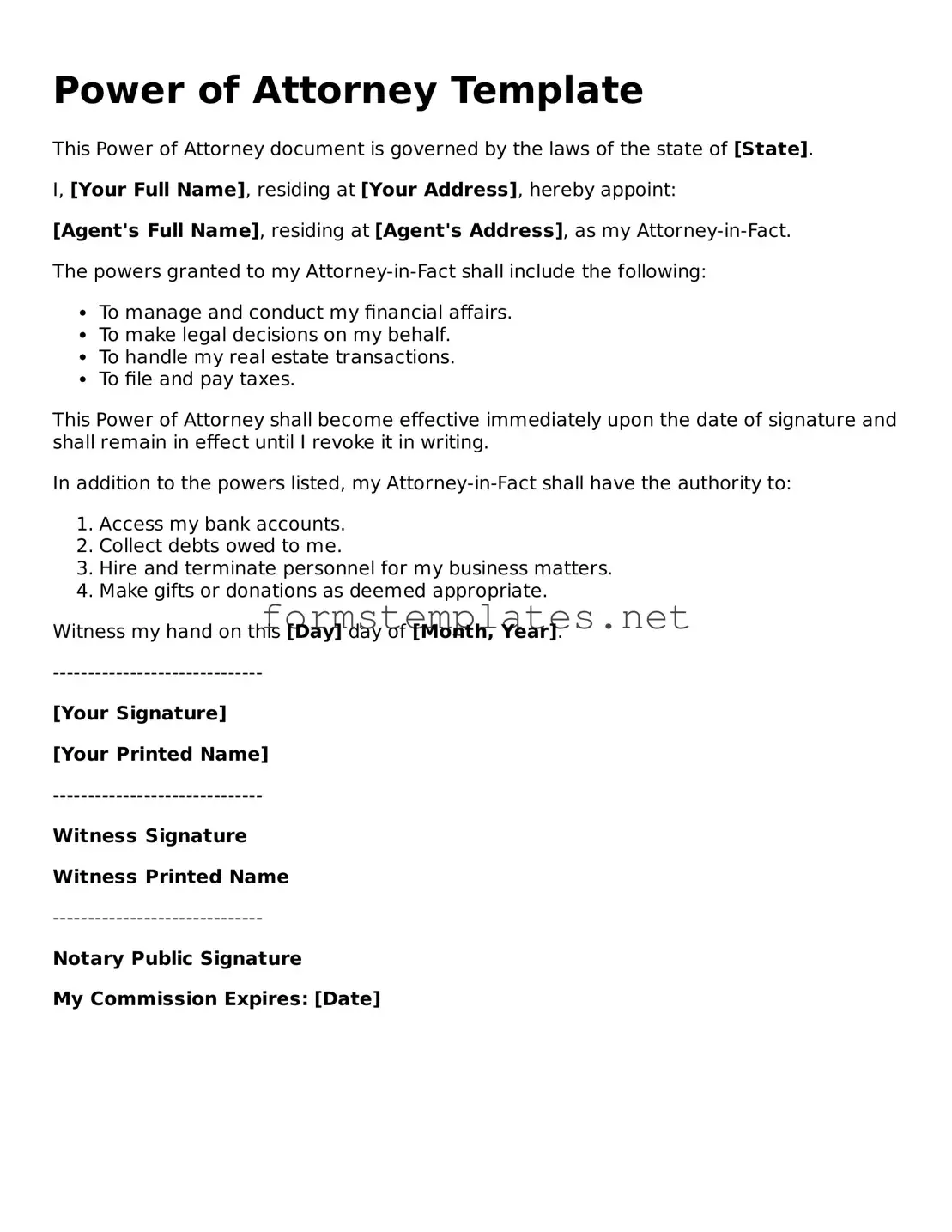Attorney-Verified Power of Attorney Form
A Power of Attorney form is a legal document that allows one person to act on behalf of another in financial or legal matters. This arrangement can provide peace of mind, ensuring that your wishes are carried out even when you cannot make decisions yourself. Understanding the nuances of this form is essential for effective planning and protection of your interests.
Open Editor Now

Attorney-Verified Power of Attorney Form
Open Editor Now

Open Editor Now
or
⇓ PDF Form
Your form still needs attention
Finalize Power of Attorney online — simple edits, saving, and download.